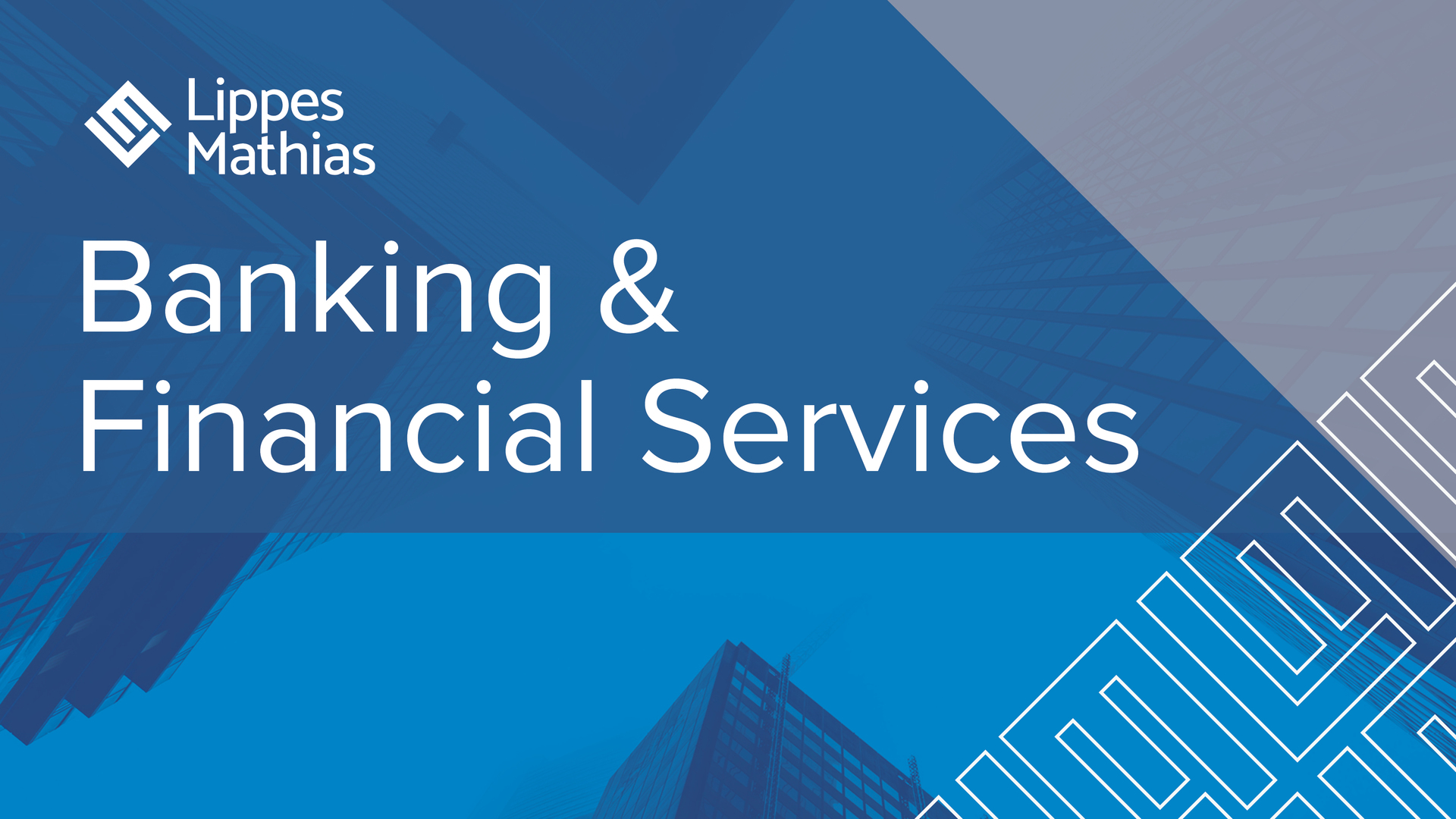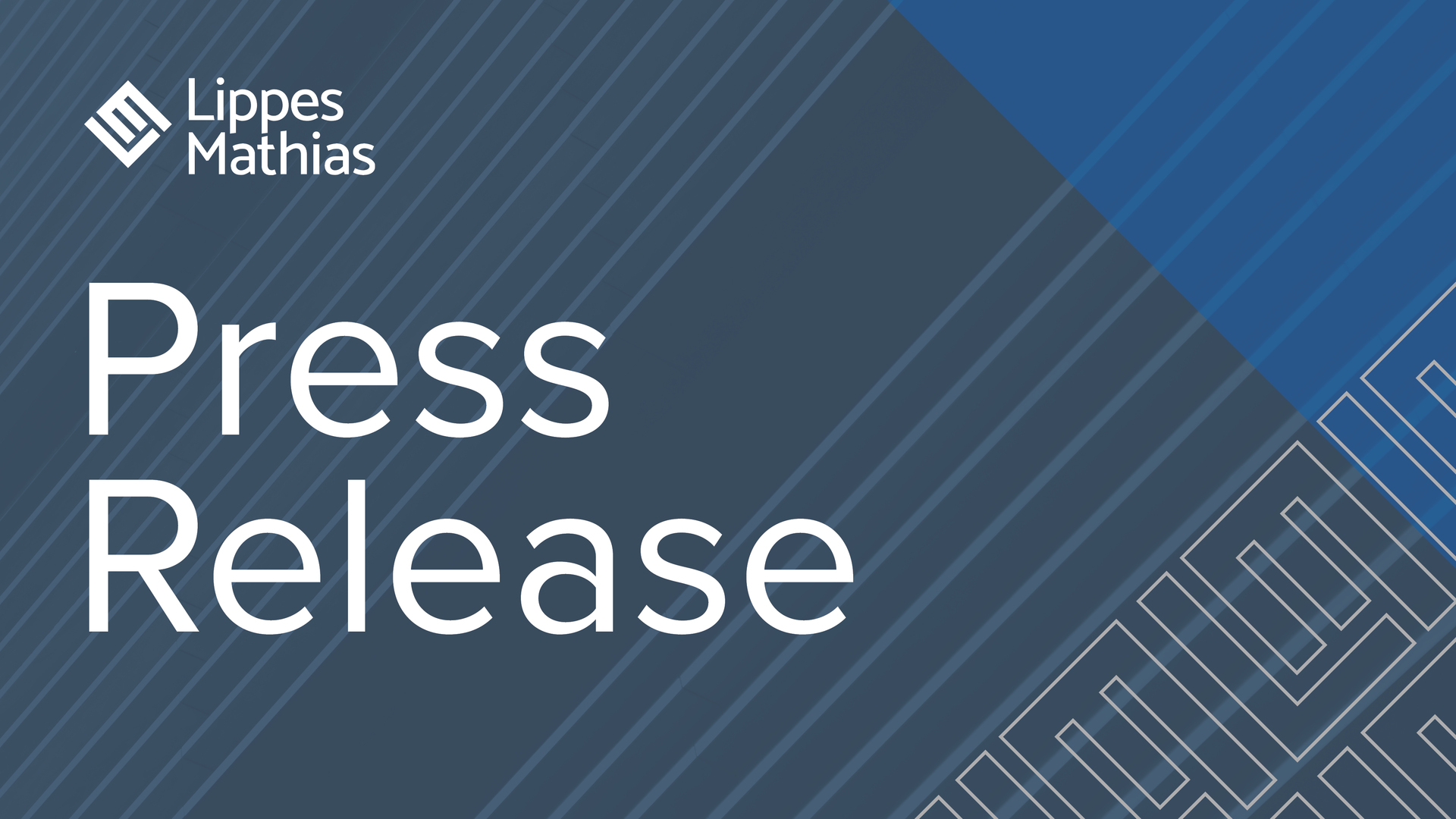The Rise and Fall of the Paycheck Protection Program
The Long-Term Effects Felt by Lenders Nationwide.
July 19, 2023 |
Client Alerts
As a result of the United States government instituting the Paycheck Protection Program (“PPP”), companies nationwide have defaulted on hundreds of thousands of PPP loans, and some say that fraud could be an essential factor. To date, PPP lenders have submitted about 500,000 defaulted PPP loans to the Small Business Administration (“SBA”), which must pay lenders the whole amount plus interest under the law.
Fraudsters exploit the program’s vulnerabilities, taking advantage of the urgent need for financial assistance during times of crisis. PPP fraud undermines the program’s integrity, diverting funds from needy businesses. These actions directly affect economic recovery efforts and contribute to the erosion of public trust in government initiatives.
Collaboration between financial institutions, government bodies, and law enforcement agencies has also been encouraged to share information and facilitate fraud prevention. The defaulted PPP loans in the relief programs attracted an overwhelming number of fraudsters to the program‚ leading to $200 billion in potential fraud – a 17% fraud rate. This collaboration between government agencies and financial institutions is necessary for sharing information, leveraging data analytics, and improving fraud detection capabilities. So far, about $30 billion in fraudulent payments have been returned to the government. In addition, 803 arrests, 529 convictions, and 1,011 indictments have been made.
What does this mean for lenders? The rise in fraudulent loans has become a relevant issue in recent years, posing significant challenges and consequences for lenders. Lenders are faced with substantial financial losses due to these fraudulent loans. These losses weaken balance sheets and reduce lenders’ ability to extend credit to other legitimate businesses and individuals. In addition, lenders are forced to put their resources toward the costs associated with investigating and pursuing legal action against fraudsters, putting even more strain on lenders’ resources.
Next, the surge in fraudulent loans has prompted increased regulatory scrutiny of lenders. Governments and financial authorities may impose stricter regulations and compliance measures to mitigate risks associated with fraudulent activities. These additional regulations can significantly burden lenders, requiring them to enhance their internal controls, reporting mechanisms, and risk assessment procedures, which may increase operational costs and impact efficiency. Therefore, increased regulatory scrutiny can impose additional costs and administrative burdens, hindering the lenders’ ability to support legitimate businesses.
Lastly, lenders must invest more resources in robust due diligence processes to counter fraudulent loans. This involves implementing stringent verification methods, conducting thorough background checks, and utilizing advanced technologies for fraud detection. While these measures are critical for mitigating risks, they can result in extended loan approval times, potentially frustrating legitimate borrowers.
Given the fact that the effect of fraud in PPP loans on lenders is multifaceted, it is key to maintaining delicate balance between facilitating quick relief for businesses in need and implementing robust measures to deter and detect fraudulent activities. Addressing fraud in PPP loans requires enhanced due diligence, effective oversight, and collaboration between financial institutions, government agencies, and law enforcement to mitigate the risks and protect the financial system's stability.
For questions regarding this Client Alert and how PPP loan fraud could impact you, please contact Lippes Mathias’ Banking & Financial Transactions Practice Co-Leader, Jillian Deck at jdeck@lippes.com or Associate, MacKenzie Hamill at mhamill@lippes.com.
Related Team
Related Content

Press Releases
86 Lippes Mathias Attorneys Recognized in the 2025 Edition of "The Best Lawyers in America©"
August 15, 2024


Client Alerts
SBA to Adopt Revised Small Business Loan Guidelines Effective March 2024
February 19, 2024


Client Alerts
The Landscape of Commercial Lending Conditions and What May Come
August 22, 2023


Press Releases
69 Lippes Mathias Attorneys Recognized in the 2024 Edition of "The Best Lawyers in America©"
August 17, 2023

TAGS
PPP LOANS
PRACTICE TEAMS
BANKING & FINANCIAL TRANSACTIONS




